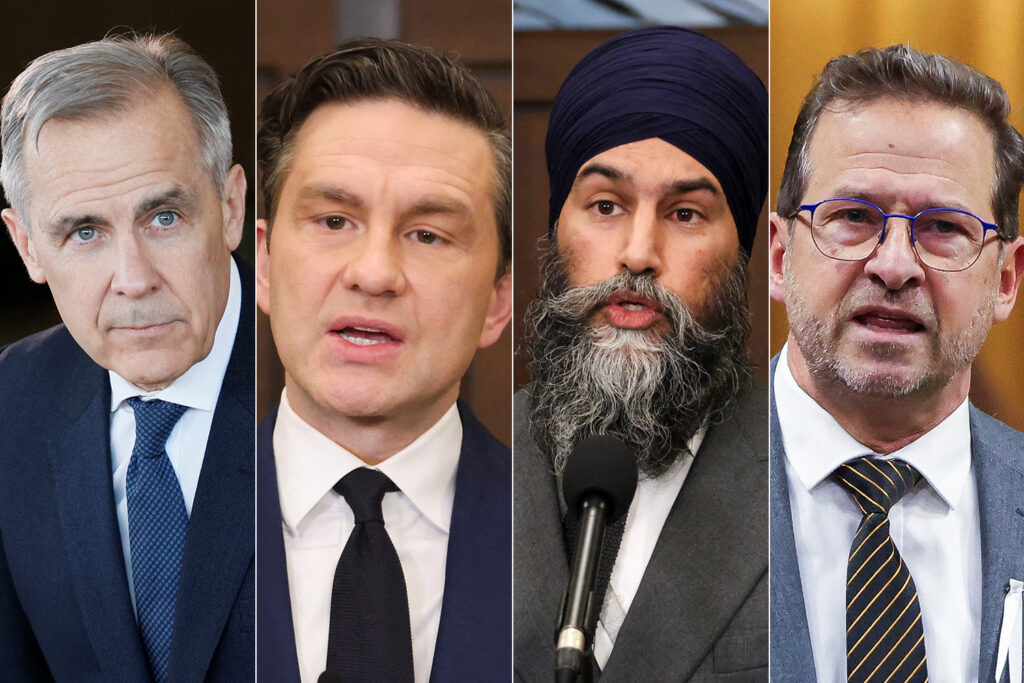
Introduction
The upcoming Prime Minister election in Canada is a topic of significant importance as it shapes the country’s future political landscape. With ongoing discussions about various pressing issues such as climate change, healthcare, and economic recovery from the pandemic, Canadians are keen to know when they will have the opportunity to cast their votes for their next leader. The next federal election is not only critical for the political parties but also for citizens as they decide on policies that will affect their lives.
Election Date and Political Context
As of now, the next federal election is scheduled to be held on or before October 20, 2025. This date is determined based on the fixed election date law enacted in 2007, which set elections to occur every four years on the third Monday of October. However, elections can be called earlier under specific circumstances, such as a vote of no confidence or a prime minister’s decision to dissolve Parliament.
As the date approaches, there are already movements within various political parties to prepare for the election. Current political dynamics indicate increasing competition among parties, especially between the Liberal Party, led by Prime Minister Justin Trudeau, and the Conservative Party, which is seen as a primary contender. Additionally, the New Democratic Party (NDP) is also expected to play a vital role, particularly in regions where they have strong support.
Public Sentiment and Key Issues
Canadians are already expressing their views on major issues they want the candidates to address. A recent survey conducted by the Angus Reid Institute highlighted that affordable housing, healthcare access, and climate action are at the forefront of voters’ concerns. As parties finalize their platforms over the next couple of years, the alignment of these policies with public sentiment will be crucial for capturing votes.
Moreover, with the lingering effects of the COVID-19 pandemic on the economy, how each party proposes to manage economic recovery will likely sway undecided voters. Engaging the younger demographic, which has a significant stake in future policies, is also seen as a vital strategy for all parties.
Conclusion
The next Prime Minister election in Canada promises to be a defining moment in the nation’s political narrative, reflecting the population’s priorities and concerns. As the scheduled date approaches, political parties will ramp up their campaigns and refine their messages to resonate with Canadians. Voter engagement and turnout will be essential for shaping the outcome. With the election nearly two years away, the political landscape may evolve significantly, and the stakes could be higher than ever. For Canadians, staying informed and participating in the electoral process will be crucial in voicing their choices and influencing the nation’s direction.



